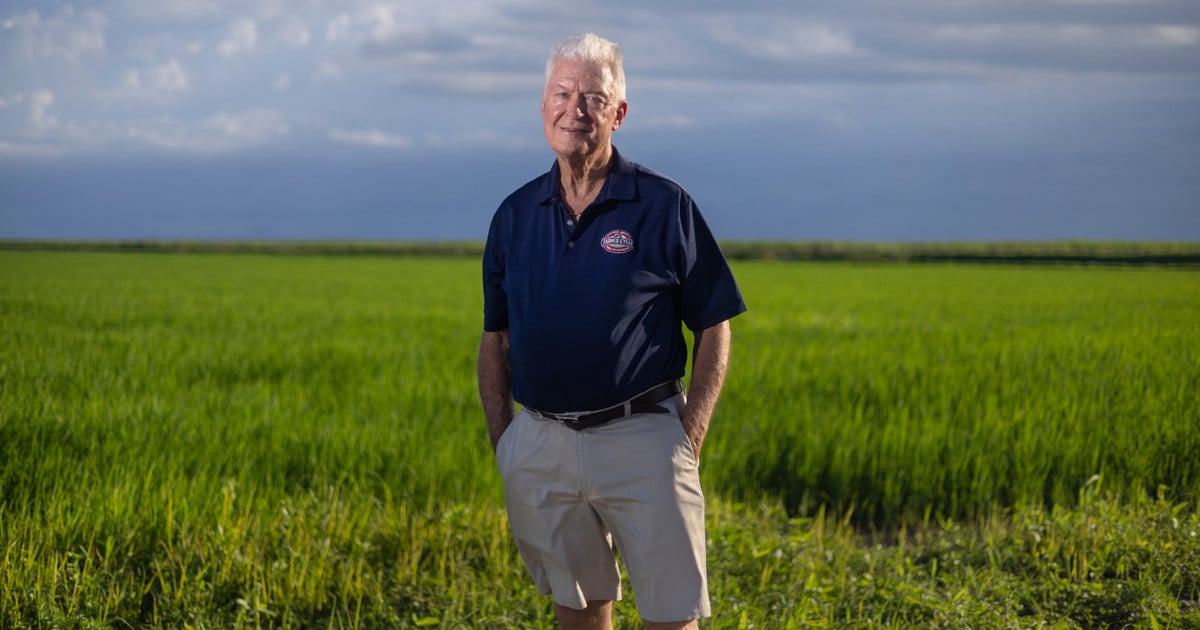Rick Roth is a staunch Republican and a conservative member of the Florida Legislature, but he’s quick to point out that he’s first and foremost a farmer. Roth grows vegetables, rice and sugar cane on the thousands of acres passed down to him from his father, in Palm Beach County south of Lake Okeechobee. And because the farm relies on a steady stream of laborers, most of them from Mexico, Roth spent substantial time over the last three decades, before and after he became a politician, trying to stop lawmakers from messing with his workforce.
A big part of that fight was against legislation that would make employers verify their workers’ immigration status. Such laws, Roth once said, would bankrupt farmers like him.
But by 2023, when Florida was once again considering such a bill, Roth’s convictions had grown shaky. In May of that year, he sat and listened as his Democratic colleagues voiced their opposition: “This bill will tank our state’s economy by directly harming Florida’s agriculture, hospitality and construction industries,” one of them warned.
Several minutes later, (he) rose from his seat on the House floor, peered through reading glasses and delivered a statement antithetical to what the 70-year-old had long stood for: “I rise in support of SB 1718,” he announced. First among his reasons, he said, was an “invasion” of immigrants at the border. He called it a “ticking time bomb.”
Roth didn’t mention it on the House floor or broadcast it to his constituents, but the visa program made his farm mostly impervious to the provisions he’d rallied against in the past. As anxiety gripped communities of undocumented people and many of their employers, Roth Farms was going to be just fine.



The specific issue with heat protection is that some counties were trying to pass legislation to provide better heat protection, and the state government preempted that effort by passing legislation banning counties from making heat protection legislation.